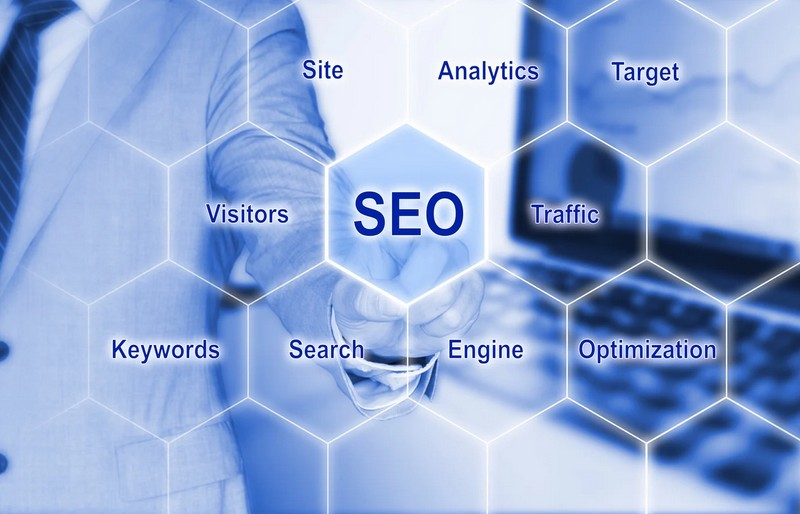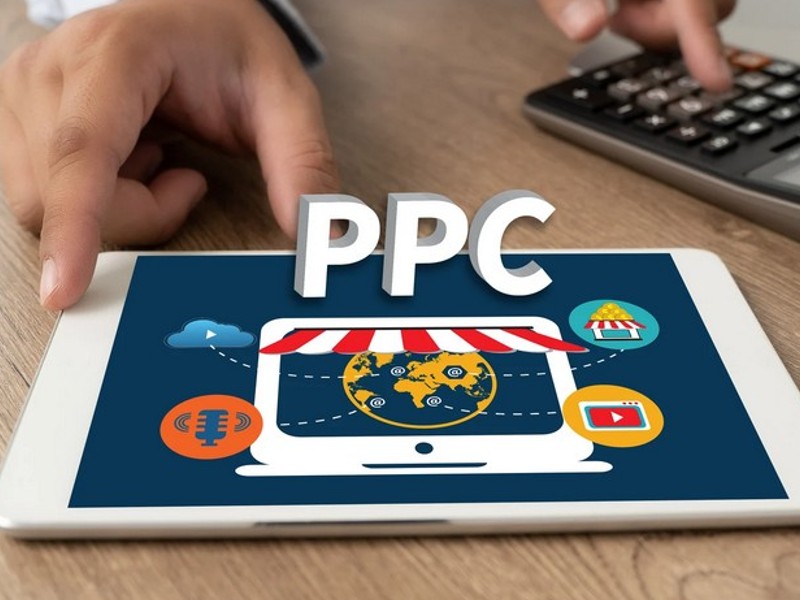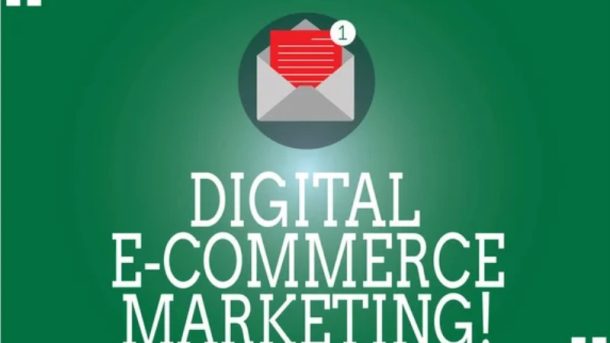E-commerce is well within the ranks of one of the major stimulants that drive global businesses today. Be it millions of consumers shopping online every day, innovating and optimizing continuously is the challenge for e-commerce businesses to reach the top end. E-commerce marketing services fast are becoming one of the essential ingredients in helping business become increasingly more online, attract target traffic, and convert them to loyal customers.
Online marketing services are the strategies and tools used to promote an online store, enhance visibility, and increase sales. It includes a set of digital marketing techniques in e-commerce businesses that can improve performance entirely, from the criteria of SEO to paid advertising, from email marketing to social media, content marketing, and many others.
The core goal of e-commerce marketing is to bring customers to an online store, walk them through the buying process, and establish long-term relationships that eventually lead to repeat business.
Table of Contents:
Top E-commerce Marketing Services
Take a look at some of the different types of e-commerce marketing services in further detail that would help businesses realize their objectives.
1. Search Engine Optimization (SEO)
One of the most crucial marketing services that an e-commerce business requires is SEO. This is a procedure of optimizing a website to rank better in the search results pages SERPs for specific keyword phrases. Therefore, e-commerce companies can leverage their SEO strategies for organic traffic-those who stumble upon the site through Google searches without any need for paid advertisements.

Major e-commerce SEO includes:
• On-page Optimization would involve optimizing the product pages, category pages, meta descriptions, titles, images, and even URL structures to make the web pages search-engine friendly.
• Keyword Research- Determine the appropriate keywords that customers would search in the market and include those keywords in the content.
• Link Building- Acquire quality links from good websites to help increase domain authority and rankings.
• Technical SEO: This would include technical aspects of a website, including page speed, mobile-friendliness, and crawlability.
For instance, a good SEO strategy helps e-commerce businesses rank much higher for relevant searches of their products, attracting qualified traffic.
2. PPC advertising
PPC advertising is probably one of the most vital services for e-commerce marketing, primarily for businesses targeting instant visibility. PPC allows online e-commerce firms to bid to display ads through Google Ads or any other social networking website such as Facebook and Instagram. The business is only charged by the click by the user on the ad.

Examples of popular types of PPC among e-commerce sites:
• Google Ads: Ads that appear on Google search results or display networks whenever a user searches for a keyword.
• Social Media Ads: Focusing on building specific demographics using Facebook, Instagram, and TikTok through creating specific ads that capture the target’s interests and their behavior.
• Product Listing Ads (PLAs): These appear on Google Shopping with images of the products, thus the ads are mostly visual in nature and really targeted.
PPC is an effective way to drive immediate traffic, increase sales, and target customers based on their interests, behaviors, and search queries.
3. Email Marketing
E-mail marketing is the cheapest form of attracting customers and following leads that contribute to selling products by an e-commerce company. Directly contacting existing as well as potential customers to persuade new product lines, exclusive offers, or seasonal offers will be communicated directly with them.
Following are a few email marketing strategies that must be undertaken for e-commerce:
• Abandoned Cart Emails: Such are the reminders left behind in a customer’s shopping cart to complete the purchase. Most of these reminders contain incentives like discounts or free shipping to coax the customer back for final completion of the sale.
• Product Recommendations: They can forward recommended products depending on the browsing history and past purchases by a customer to enhance cross-selling and upselling for the business.
• Welcome Emails: An email to the new subscriber or customer, welcoming them to the brand, thus providing an incentive for first-time purchase.
• Newsletter Campaigns: Newsletters to keep the customer informed of the products available, promotions running, and industry news that would assist the customer in buying more.
This will help the email marketing for the business grow its relationship with their customers, maximize the brand loyalty and influence repeat sales. It’s part of each e-commerce marketing strategy.
4. Social Media Marketing
Social media marketing is playing a very influential role in the e-commerce business to grow brand awareness, connect with potential customers, and drive more traffic to websites. It provides businesses with a tool to create an online presence through social media platforms like Facebook, Instagram, Twitter, and Pinterest.
Efficient social media strategies includes:
• Content Creation: Engaging content is created, such as product images, videos, user-generated content, and behind-the-scenes posts that connect with the target audience.

• Influencer Marketing: Engagements through collaborations with influencers who reach large audiences in a business’s niche to promote products and reach new customers.
• Social Shopping: Purchasing is allowed directly from posts and stories using Instagram and Facebook features that support the seamless buying experience.
• Paid Advertising. This is where targeted advertisements run on social media platforms to access specific demographics, interests, or behaviors.
Social media marketing not only supports brand loyalty and trust but it also allows easy communication with a customer, that leads to increasing sales and conversion.
5. Content Marketing
Content marketing is another significant e-commerce marketing service. It is about creating and sharing valuable, relevant, and consistent content to attract and retain a clearly defined audience. For e-commerce businesses, content marketing can take many forms, including:
• Blog Posts: Writing informative articles that answer customer questions, provide helpful tips, or highlight product features.
• Videos: Create product demos, tutorials, or behind-the-scenes videos that will show off the products and help the audience connect with the brand.
• Infographics: Provide visual content to simplify complex information so that the customer can view and understand key benefits of the product.
• User-Generated Content: Encourage customers to share their experience with the product through reviews, testimonials, or social media posts.
Quality content builds authority in your niche, which improves SEO while building a community of brand followers.
6. Conversion Rate Optimization (CRO)
Conversion Rate Optimization is actually the improvement of percentage done by the conversion through website traffic. It’s purchasing an item, signing up for an email list, or downloading a product brochure. CRO is actually testing and optimizing an e-commerce website aspects like product pages (making product descriptions and images persuasive enough).
• Checkout Process: Making checkout as easy as possible in order to not abandon the carts and encouraging users to execute their purchase.
• Call-to-Actions (CTAs): Making CTAs more persuasive and accessible with convincing guidance towards purchasing.
High conversion rates with the help of e-commerce marketing services will allow all e-commerce companies to attain the full potential of website visitors and enhance revenue without having to invest in new people visiting the website.



















